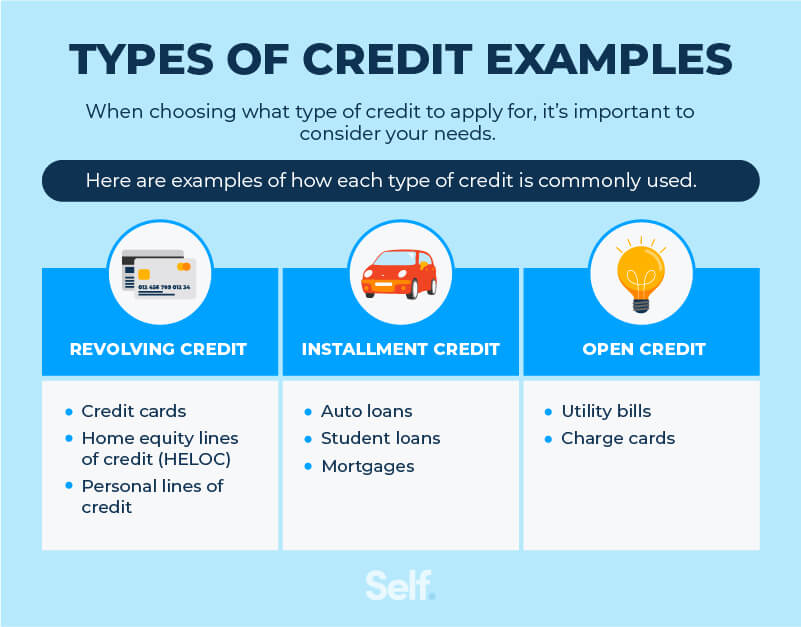Is A Small Business Loan Installment Or Revolving – is the article you’re searching for. Hopefully, you can find information related to Is A Small Business Loan Installment Or Revolving here, all of which we’ve summarized from various reliable sources.

Is a Small Business Loan Installment or Revolving?
The bustling city streets teemed with life as I navigated the labyrinthine network. My destination: a modest office building housing a local bank. My mission: to secure financing for my burgeoning small business. As I entered the bank, a sense of anticipation mingled with trepidation washed over me. I had heard tales of countless entrepreneurs navigating the treacherous waters of small business loans, and I was determined to emerge from this encounter with a clear understanding of the options that lay before me.
After a brief wait, I was ushered into a meeting room where I was greeted by a friendly loan officer. As we settled into our seats, I couldn’t help but feel a tinge of excitement mixed with uncertainty. The possibility of obtaining the necessary funds to propel my business forward filled me with both hope and a touch of nervous anticipation.
Installment vs. Revolving Loans
As we delved into the intricacies of small business loans, one fundamental distinction emerged: the choice between installment and revolving loans. To my surprise, I discovered that these two loan types differed significantly in both their structure and their suitability for various business needs.
In essence, an installment loan is structured as a fixed-term loan with a predetermined repayment schedule. Upon approval, the borrower receives a lump sum of money, which is then repaid in regular installments (typically monthly or quarterly) over a specified period. Installment loans are often used for large purchases or capital investments, such as equipment or real estate acquisition.
Understanding the Differences
In contrast, a revolving loan operates more like a line of credit. Instead of receiving a one-time lump sum, the borrower is granted access to a predetermined credit limit. The borrower can draw funds from this line of credit as needed, repaying the borrowed amount plus interest over time. Revolving loans are particularly well-suited for businesses with fluctuating cash flow or those that require ongoing access to capital.
To further illustrate the differences, I’ll provide a table comparing the key features of installment and revolving loans:
| Feature | Installment Loan | Revolving Loan |
|---|---|---|
| Repayment Structure | Fixed payments over a set period | Flexible payments, interest-only payments allowed |
| Access to Funds | One-time lump sum | Ongoing access to a credit limit |
| Interest Charges | Interest calculated on the outstanding balance | Interest calculated only on borrowed amount |
| Suitability | Large purchases, capital investments | Fluctuating cash flow, ongoing expenses |
Latest Trends and Developments
As the business landscape continues to evolve, so do the offerings of small business loan providers. In recent years, several notable trends have emerged:
- Online Lending: The rise of online lenders has made it easier for small businesses to access financing. These lenders often offer streamlined application processes and competitive rates.
- Alternative Financing Options: Beyond traditional bank loans, alternative financing options such as invoice factoring and peer-to-peer lending have gained popularity.
- SBA Loan Programs: The U.S. Small Business Administration (SBA) offers various loan programs tailored to the needs of small businesses.
- Increased Focus on Revenue-Based Lending: Some lenders now offer loans based on a percentage of a business’s revenue, rather than traditional collateral.
Tips and Expert Advice
Based on my experience as a blogger and my research, I’ve compiled the following tips and expert advice for small business owners considering a loan:
- Determine Your Needs: Carefully assess your business needs and determine the type of loan that best aligns with your goals and financial situation.
- Explore Multiple Options: Don’t limit yourself to a single lender. Compare loan terms, interest rates, and fees from different providers to find the best deal.
- Build Your Credit: A strong credit score will qualify you for lower interest rates and better loan terms.
- Prepare a Strong Loan Application: Provide detailed financial statements, business plans, and other supporting documentation to increase your chances of approval.
- Seek Professional Advice: Consider consulting with an accountant or financial advisor to guide you through the loan application process.
FAQs on Installment and Revolving Loans
Q: Which type of loan is better for my business?
A: The best type of loan depends on your specific business needs. Installment loans are suitable for large purchases or capital investments, while revolving loans are ideal for ongoing access to capital or fluctuating cash flow.
Q: What is the average interest rate for small business loans?
A: Interest rates for small business loans vary depending on the lender, the loan type, and the borrower’s creditworthiness. Typically, interest rates range from 5% to 15%.
Q: What is the maximum loan amount I can qualify for?
A: The maximum loan amount you can qualify for depends on several factors, including your business’s revenue, profitability, and credit history. Lenders typically set loan limits based on these criteria.
Conclusion
Choosing between an installment or revolving loan is a crucial decision for any small business owner. By understanding the key differences between these two loan types and staying abreast of the latest trends and developments, you can make an informed decision that aligns with your business goals and financial situation. Remember, the path to small business success is paved with knowledge and sound financial planning. I encourage you to continue exploring the topic further and seek professional advice when necessary.
Are you interested in learning more about small business loans? Share your questions and thoughts in the comments section below.

Image: fabalabse.com
Is A Small Business Loan Installment Or Revolving has been read by you on our site. Thank you for your visit, and we hope this article is beneficial.

 Hogki.com Trusted Information and Education News Media
Hogki.com Trusted Information and Education News Media